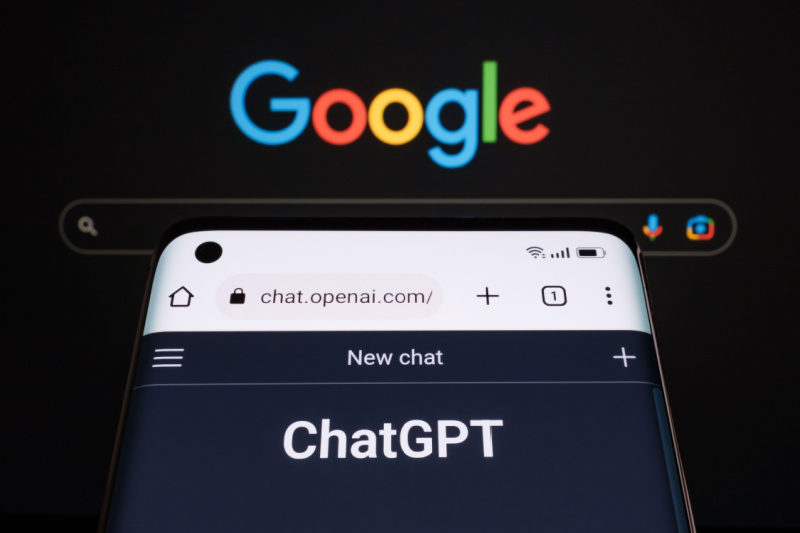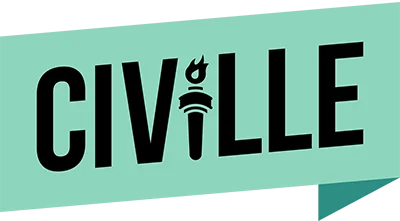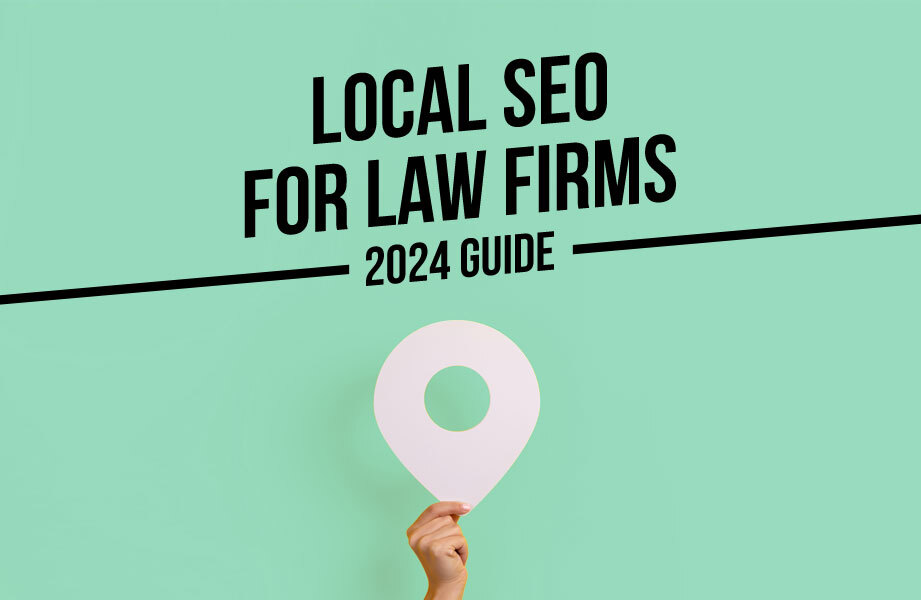
The legal landscape is no stranger to innovation, and the rise of Artificial Intelligence (AI) has presented a new set of possibilities for law firms. One area of particular interest is the use of AI for website content creation.
While AI offers potential benefits like increased efficiency for content production, there are also crucial considerations specific to the legal field that require careful evaluation before diving in. And of course… whether you are using ChatGPT, Google Gemini, or another service, the fact remains… you have to actually execute on the plan.
That being said, let’s look at some of the benefits of using AI content on your law firm website.
Potential Benefits of Using AI for Law Firm Content
- Enhanced SEO: AI is transforming SEO by acting as a data-driven content creation assistant. By analyzing vast information, AI tools identify relevant keywords and search trends, helping you target the right audience. Additionally, AI can craft content that naturally integrates these keywords, a crucial factor for search engine algorithms. Furthermore, AI can suggest content formats like video scripts or infographics that resonate well with specific search queries, increasing the potential for organic traffic and improved search rankings. However, it’s vital to remember that AI-generated content should be reviewed and edited by humans to ensure accuracy and avoid duplicate content penalties. And in the legal space, the risks can be even greater than a Google penalty for dupe content (more on that below).
- Increased Content Production: Imagine churning out blog posts, product descriptions, and social media content at lightning speed. AI can make this a reality for businesses. By automating repetitive tasks like keyword research and drafting initial content, AI tools free up valuable human time and resources. This allows creators to focus on refining the content, adding their unique voice, and ensuring accuracy. Additionally, AI can analyze audience data and suggest content ideas that resonate with them, further boosting production and engagement. While AI isn’t a replacement for human creativity, it can be a powerful partner in the content creation process, fueling the engine of content marketing.
- Improved Efficiency: Picture this: The tedious aspect of creating content vanishes, freeing up your time for strategic thinking. This is the power of AI in content creation. AI tools can automate repetitive tasks like data gathering, initial content drafts, and basic formatting. This frees up valuable human resources to focus on higher-level tasks like conceptualizing new content ideas, tailoring content to specific audiences, and ensuring top-notch quality. Additionally, AI can analyze performance data and suggest content optimizations, further streamlining the content creation process. By taking care of the mundane, AI empowers creators to work smarter, not harder, boosting overall efficiency and maximizing content output. The human element is still crucial.
BUT WAIT
If you were reading closely above, it’s important to note that in every mention of utilizing AI, there are caution flags. You should never blindly be using AI to write your content – especially on a LAW FIRM WEBSITE (think about it).
AI can be great for keyword research, heading optimization, streamlining processes and even writing… if heavily edited and accuracy is ensured by a legal writing team. (Like the writing team at Civille).
Now that we have that additional disclaimer out there, let’s dive into some more details about the pitfalls of utilizing AI copy for your firm’s site.

Why You Need to Be Careful About AI Content for your Law Firm
- Accuracy and Legal Expertise: While AI offers speed and efficiency, its application in legal content demands caution. Legal concepts are intricate, and nuances can have significant consequences. AI, trained on vast datasets, might not grasp the subtleties of legal jargon or interpret case law accurately. This can lead to factual errors or misleading information, potentially jeopardizing a firm’s reputation and even attracting legal action. Additionally, relying solely on AI could overlook crucial legal updates and case rulings, rendering the content outdated and potentially harmful to clients. Therefore, while AI can be a valuable tool for generating drafts or assisting with research, human oversight, and legal expertise remain essential in ensuring the accuracy and ethical integrity of content on a law firm website.
- Ethical Concerns: The legal profession thrives on transparency and trust. However, using AI-generated content on a law firm’s website raises ethical concerns. Firstly, disclosing AI-generated content is crucial to avoid misleading clients into believing the information came directly from qualified legal professionals. Secondly, AI algorithms can perpetuate societal biases present in their training data, potentially leading to discriminatory content in legal contexts. Finally, relying heavily on AI raises questions about the potential for unauthorized practice of law, where AI might unintentionally cross the line into providing legal advice. These ethical considerations highlight the importance of responsible and transparent use of AI for law firm websites, prioritizing human oversight and ensuring content adheres to professional and ethical standards.
- Lack of Personalization: While AI excels at generating large volumes of content, it struggles to capture the essence of individual personalization. Law firms rely on building trust and rapport with potential clients, seeking a human connection that AI struggles to replicate. Generic, AI-crafted content might lack the personal touch and tailored approach that resonates with individuals seeking legal guidance. This can lead to a disconnect between potential clients and the firm, hindering engagement and conversion. While AI can be a valuable tool for generating informative content, it should be supplemented by human expertise to personalize the message, address specific concerns, and build genuine connections with potential clients.
Additional Considerations for AI Content on Your Law Firm Website
As you can see, navigating the waters of AI takes some nuance. If leveraged it can be a powerful tool within your SEO toolkit. If abused, you could be faced with some real-world concerns.
But there’s one problem that often remains when it comes to content development for law firms – you actually have to execute. We’ve heard many times how an attorney will be writing blog posts. Or more recently, how they are going to leverage AI to really get aggressive with their website content.
Then… nothing happens.
Just because AI may have made things slightly easier doesn’t mean the time to produce is 0. It still takes a lot of effort to get your content to the finish line. And we’re not even touching on actually getting the content posted to the website. Uploading and optimizing the content in a way that makes it valuable to Google search and the actual reader is another series of tasks entirely. (See: title tags, H Tags, ALT Tags, meta description, schema, links, etc)
Unless you have a repeatable plan in place and can execute it on a regular basis, you are still in the same boat as before. This is why so many law firms rely on industry experts to help them create, post, and distribute their website content. When done right, the organic lead funnel can be a main source of revenue for the law firm.
If you need help with any of the above, don’t hesitate to reach out to the Civille team.





